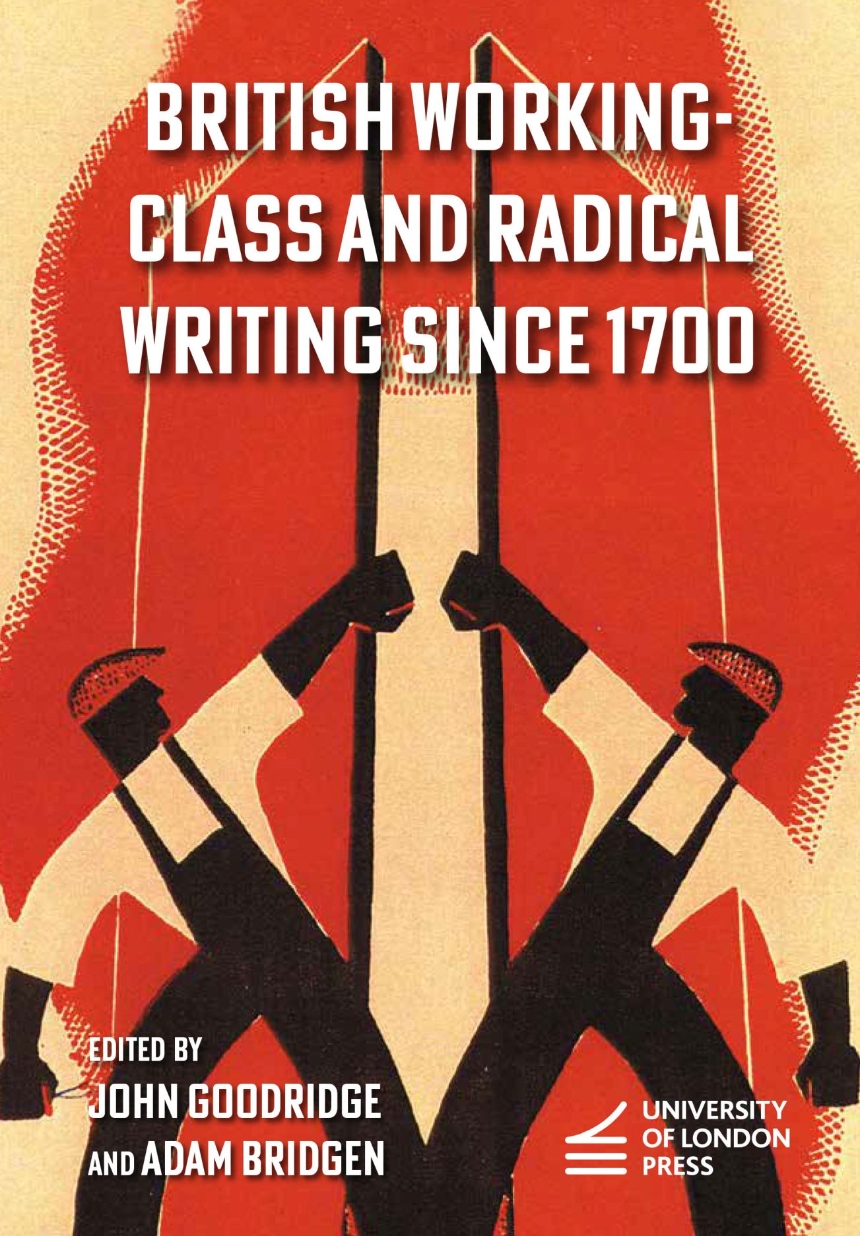British Working-Class and Radical Writing Since 1700
Distributed for University of London Press
British Working-Class and Radical Writing Since 1700
At a time when working-class writing is gaining long-overdue recognition and radical ideas may be more important than ever, this timely collection of eighteen essays examines the powerful intersection of British working-class and radical writing from the eighteenth century to the present day. Taking the pioneering work of H. Gustav Klaus on British labouring-class, socialist and anarchist writing traditions as its foundation, the volume embraces variety to reflect the richness of working-class and radical cultures across the last three centuries.
Cross-cutting topics include the ways in which working-class writers got into print, the obstacles they faced in doing so and in expressing their views, the rise of women writers and their involvement in radical culture, representations of animals and more-than-human perspectives, socialism and environmentalism, feminism, anti-imperialism, and the intersection of working-class and diasporic identities. Questions of genre and form are also addressed, from dialect poetry to the novel, pastoral to melodrama, and life writing to theatre.
Showcasing a wide range of innovative approaches, the volume contributes significantly to recovering the literary work and radicalism of several little-studied and forgotten working-class authors, as well as reappraising better-known figures such as John Clare and Ethel Carnie Holdsworth.
326 pages | 2 halftones | 6.14 x 9.21 | © 2025
History: British and Irish History
Literature and Literary Criticism: British and Irish Literature
Table of Contents
Christian Schmitt-Kilb
Acknowledgements
Introduction
John Goodridge and Adam Bridgen
I. The Making of the Working-Class Writer
’There is an End of the Thresher’s Labours’: Stephen Duck’s Enigmatic Death
William J. Christmas
Other Realms of Labouring-Class Antislavery: The Early Verse and Medical Writing of Thomas Trotter
Adam Bridgen
The Rise, Fall and Revival of Labouring-Class Poetry in the Commercial Market, 1800-1821
Tim Fulford
The Post-Humanist John Clare
Simon J. White
II. Nineteenth-Century Developments
Mediated Melodies: ‘Jone o’ Grinfilt’ and the Challenges of Ballad Preservation
Rebekah Erdman
Friend of the People: The Poetry of H. H. Horton (1811-96) of Birmingham
Stephen Roberts
Rewriting Trauma: Elizabeth Campbell’s Unedited and Edited Poems
Florence Boos
Helen Macfarlane: A Radical among Middle-Class Women Writers of the Mid-Nineteenth Century
John Rignall
The Pit Mice: Animals in the Mines and the Working-Class Poet
Kirstie Blair
III. Twentieth-Century Pioneers
Paving the Road to Socialism: The Political Leadership and Pastoral Writing of Katharine Glasier (1867-1950)
Heidi Renée Aijala
Ethel Carnie Holdsworth (1886-1962) and the Question of Audience
Kathleen Bell
Intersections of Class and Gender in the Fiction of Lewis Grassic Gibbon and Tessa Hadley
Livi Michael
IV. Postwar Issues: Deindustrialisation, Casual Work, Feminism
A Crisis in Masculinity? A comparison between English and West German Miners’ Novels, 1945-1970
Steve Eszrenyi
Woman Wanted Theatre Cleaner (8-12 daily): The Missing Literature of the Empty Mopped Stage
Sarah K. Whitfield
Thieves in the Night: Women in the early days of the Birmingham Centre for Contemporary Cultural Studies
Monika Seidl
V. Contemporary Developments: Empire, Ecology, and Belonging
The Caribbean Radical Tradition and Diasporic Politics in George Lamming’s Water with Berries
Matti Ron
Gypsy’s Women’s Lives: Facts, Autobiographies and Louise Doughty’s Novel Stone Cradle
Ingrid von Rosenberg
Degrowth and Marxist Ecology: New Directions for Criticism after Gustav Klaus
Luke Lewin Davies

